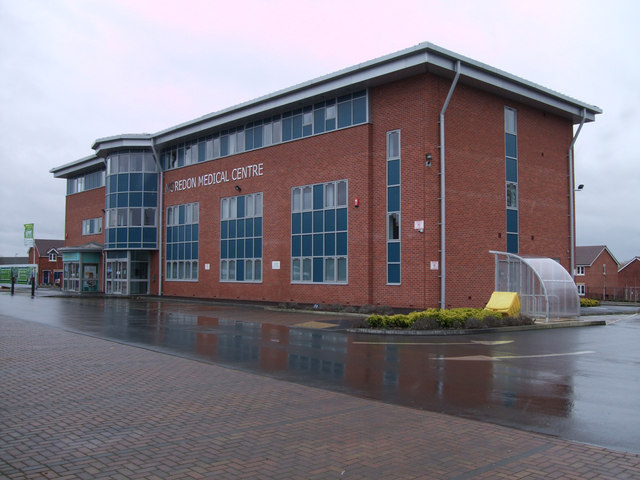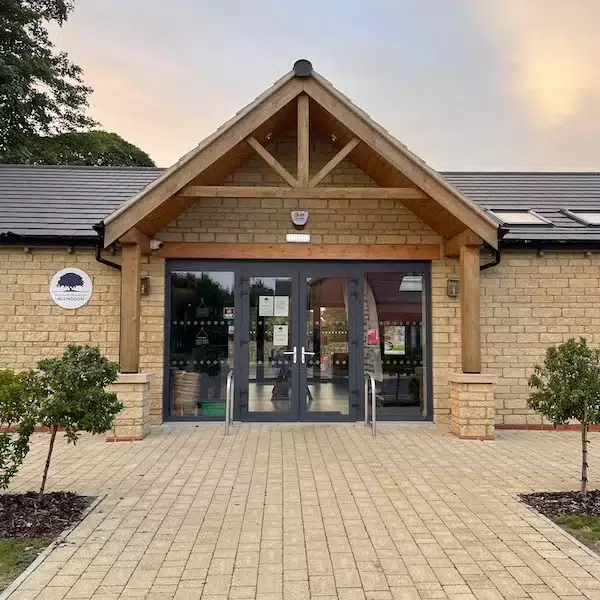Minimising the bill paid by the NHS for legal claims for negligence against patients has been the focus of NHS Resolution for the last few years. The NHS has long been embattled in a financial crisis, and one of the strategies for shoring up the shortfall has been through reducing litigation expenses in cases. However, not all initiatives in this realm have shown promise over the years, nor has the NHS experienced the extent of cost reduction they need to create a more sustainable, effective system for the growing, and aging population. Fortunately, the most recent report from the NHS Resolution leans toward progress in one specific area.
The recently published results of the Annual Report and Accounts sheds light on two seemingly battling figures: an increase in the total amount of damages paid to patients harmed by the NHS, and a reduction in the total legal costs incurred on both sides of the litigation line. The total compensation paid rose from £1.08 billion in the previous year to £1.63 billion, but this was the first year in which claimant costs decreased noticeably. The latter figure has much to do with the fact that more cases were mediated than ever before in NHS history.
However, understanding this shift requires a deeper dive into the data presented in the most recent report from NHS Resolution, as well as the benefit mediation offers to GPs, the organisation as a whole, and ultimately, patients and their loved ones.
The Stats
Within the report, several interesting statistics emerge as both concerning and promising, depending on from which perspective they are viewed. The most notable include:
- The number of new negligence claims brought against the NHS among hospitals and primary practise was lower than the previous year, by 0.12%
- Payments relating to clinical schemes totalled £2,227.5 billion, an increase of £520.4 million from the year prior
- Damages to patients amounted to£1,632 billion, a 50% uptick from the 2016/17 report
- Less than one-third of claims resulted in litigation and less than one per cent going to trial
- 68% of claims were resolved without involving a formal court process, in earlier stages than years past
Those within the NHS may experience some concern over the increase in some of these figures, but a large portion of increases can be linked back to previous changes, and therefore, expected. The discount rate reduction from 2.5% to 0.75% lead to an increase in the cost of long-term compensation payouts to patients, and this correlates to some rising expenses for NHS. Although this expense is higher, the reduction in total legal costs along with the figures on mediation instead of full litigation show promise across the board.
Mediation Key to Ongoing Success
The primary role of NHS Resolution is to reduce the financial strain placed on NHS by what they deem an overly litigious patient population. There is an overarching sentiment that patient lawyers are the driving force behind higher legal costs over the years, but the issue of medical negligence has little to do with the legal guidance patients receive along the way. A group of medical negligence solicitors explains that the only real reason for the higher cost of compensation to claimants over the years is the fact that mistakes in the NHS continue to be made. The most straightforward strategy for reducing compensation costs for negligence is to eliminate the mistakes altogether– not place blame on lawyers, the patients, or the process. Individuals are not unnecessarily pursuing compensation for negligence cases; their desire for financial remedies is more aligned with the need for ongoing care, and in some cases, they want to shed light on mistakes so they happen less frequently in the future.
While these factors are very much in play throughout the NHS, the recent report shows that a shift is taking place. With more cases moving in the direction of mediation, not full litigation, the total legal costs for both the NHS and patients is drastically reduced. Not only is this beneficial in helping patients and their loved ones get the compensation they need without a drawn-out process, but it also offers the NHS a strategy to save without cutting corners or complicated the claims process. Reaching these outcomes through mediation offers a method to resolve disputes and settle legal claims at a far lower expense, giving the organisation the help it needs in creating a more sustainable financial future.









